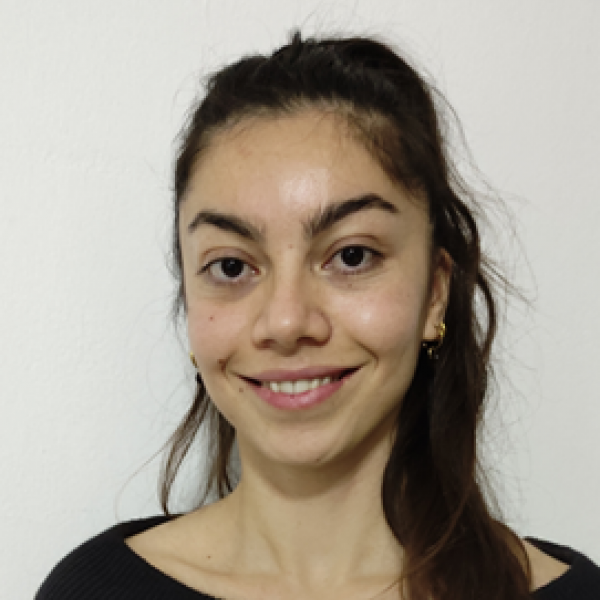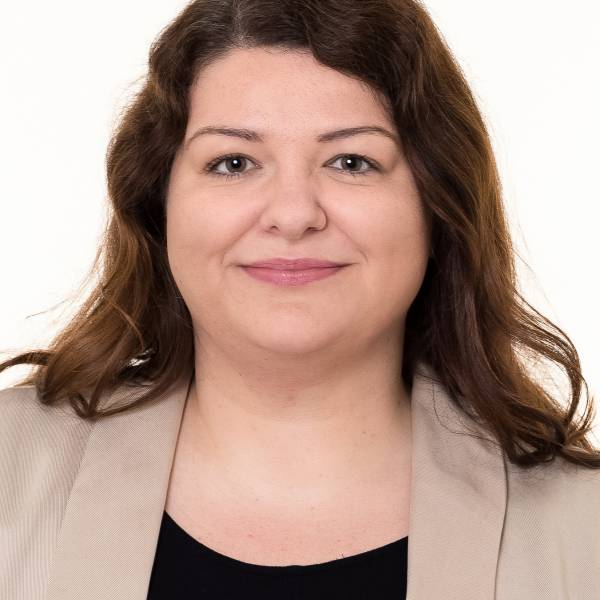Dorela Hoxha
 read
readinterview
Pleione Energy S.A
Dorela Hoxha

Pleione Energy S.A
What are your specific tasks in the EMPHASIS team at Pleione Energy?
As a senior materials and processes engineer on the EMPHASIS project, my role centers on developing electrodes and supercapacitor cells for textile and automotive applications. I lead technical activities, monitor progress, and collaborate with colleagues to drive efficient project execution, all while contributing to innovative technology development.
What is your research focus at Pleione Energy? Working at Pleione Energy gives me the opportunity to engage in the complete development cycle of high-performance batteries and supercapacitors. This encompasses everything from raw material handling and processing to the preparation of graphene-based electrodes and the ultimate creation of fully functional cells. Our research focuses on methods that prioritize environmentally friendly manufacturing processes, aligning with our commitment to sustainability.
What made you go into science? Why did you choose the topic of Material Science? Growing up, it was made clear to me that science is one of the languages all people can understand and speak. Combined also with my curiosity for understanding how things are made and work and the joy of experimenting with materials, selecting science for my studies and research was inevitable for me. My desire to be in a field that is constantly evolving, led me to select Materials Science for my studies, were new materials are constantly being developed and knowledge is continuously expanding.
What makes working in the EMPHASIS project special for you? My involvement in the EMPHASIS consortium and collaboration with our partners provide invaluable learning opportunities across diverse fields of expertise. This motivates me to expand my knowledge and exert greater effort. Moreover, it places me within a collective endeavor to pioneer innovative, environmentally friendly technologies.
Daniela Groiß-Fürtner
 read
readinterview
Wood K Plus
Daniela Groiß-Fürtner

Wood K Plus
What are your specific tasks in the EMPHASIS team at Wood K Plus? I have the pleasure to be part of the EMPHASIS project as a team leader of work package 6, which is concerned with the support of sustainable innovation. By accompanying the innovation process with the assessment of potential environmental impacts, life cycle costs as well as social risks, our task supports the R&D of materials to avoid environmental and social hotspots and to reduce costs along the value chain.
What is your research focus at Wood K Plus? In our team SIIA (Sustainable Innovation and Impact Analysis) at Wood K plus we conduct research on economic, ecological and social impacts of new bio-based materials and processes. The focus of our work lies on the ex-ante Life Cycle Sustainability Assessment with the goal to support our partner companies in their contribution to climate protection and sustainable development.
What expertise are you bringing into the project? Why is this field of research so exciting? My expertise is in the holistic Sustainability Assessment but specifically in the field of social responsibility. This dimension of sustainability focuses on people and society. What makes the topic particularly interesting to me is the complexity of possible impacts and the relationship of the different dimensions. It is crucial to me to focus the assessment on affected stakeholders and to strengthen positive social impacts besides avoiding negative effects.
What are you currently working on within the scope of EMPHASIS? One of the most important step in our assessment is to fully understand the different elements of the supercapacitors production system. We are currently working on process maps and an Input-Output-Analyses to gain more information and to avoid neglecting relevant impact sources. What I like most about our job is the interaction with the project partners, we sort of connect the different aspects of the project.